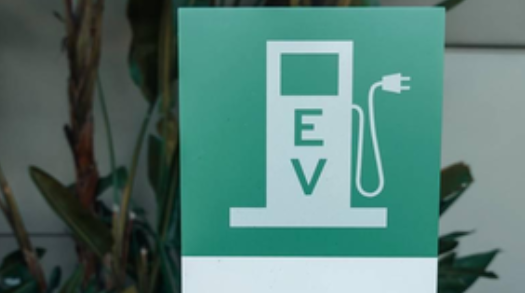Business
Brazil to resume import tax on electric, hybrid vehicles to spur automotive industry development

Brasilia, Nov 12
Aimed at spurring the country's automotive industry development, Brazil, Latin America's biggest economy, will resume levying taxes on imported electric and hybrid cars,
It is aimed to help develop the sector's productive chain and speed up the reduction in carbon dioxide emissions from Brazilian-made vehicles, Brazil's Ministry of Industry, Development, Trade and Services said in a statement Friday, Xinhua news agency reported.
The tax will resume in January, 2024 and be gradually increased until it reaches 35 per cent of the value of imports in July, 2026
The measure was approved by Brazil's Foreign Trade Chamber (Camex).
According to state-run news agency Agencia Brasil, Camex also decided to reinstate the import tax on 73 chemical products, which was cut by 10 percent in May of last year.

5 hours ago
G20 Johannesburg summit calls for improving global governance

5 hours ago
EAM Jaishankar speaks to Ukrainian FM, discusses latest conflict-related developments

5 hours ago
PM Modi holds significant discussions with world leaders during Jo'burg G20 Summit

5 hours ago
US says Russia-Ukraine peace draft made with Moscow's 'input'

5 hours ago
Ukraine, US to hold consultations on peace plan in Switzerland

5 hours ago
Houthi court sentences 18 Yemeni UN aid workers to death for 'spying for Israel'

5 hours ago
Justice Surya Kant to take oath as 53rd CJI tomorrow

5 hours ago
Tejas pilot’s body brought to Coimbatore; IAF personnel pay tearful tribute

5 hours ago
The Third Eye: Strategic significance of transparency

5 hours ago
Gujarat CM changes his programme venue for citizen's wedding in Jamnagar

5 hours ago
'He is daydreaming': DKS dismisses Kumaraswamy's claim of 'explosive political developments' in K'taka

5 hours ago
TN govt brings Cuddalore’s Srimushnam taluk under Cauvery Delta region; over 18,000 farmers to benefit

5 hours ago
Bilateral trade to grow, investment to surge with proposed Israel FTA: Piyush Goyal






















